Comrade To Ngoc Lien, Chairman of Sa Pa ward presented a report at the workshop.
Sa Pa is a high mountainous area in the west of Lao Cai province, about 1,500m above sea level, with a cool temperate climate all year round, fertile soil, majestic natural landscapes and rich cultural identities of many ethnic groups. This is an ideal condition for developing specific agriculture associated with sustainable tourism.
With the advantage of being the tourism-service center of the whole region, Sa Pa ward has a strong tourism growth rate. Sa Pa identifies tourism-service as a key economic sector, agriculture plays a fundamental role in serving the household economy, providing products for the tourism value chain.
According to comrade To Ngoc Lien, Deputy Secretary of the Party Committee, Chairman of the People's Committee of Sa Pa Ward, in recent years, Sa Pa has focused on developing high-quality agricultural products, organic agriculture, and at the same time increasing the application of science and technology in production. These solutions have contributed to reducing costs, improving economic efficiency and product value per unit area; to date, the average production value has reached about 160 million VND/ha of cultivated land and aquaculture.
The ward always focuses on linking agricultural production with tourism and service development: both providing quality products for the tourism market and forming experiential agricultural models to serve tourists.
Many models are loved by tourists, typically: Strawberry garden of Thang Loi Vegetable and Fruit Cooperative; Tomato garden of Tan Minh Phat Company Limited; Cold water fish farm of Cold water seafood processing cooperative; Red Dao herbal bath service of Hung Dung Company Limited.
In particular, there have been 2 models recognized by the Provincial People's Committee as tourist attractions and operating effectively: Sau Chua Ancient Rose Garden and Mong Mo Rose Garden.
In addition, there are also 2 research centers in the area: Temperate Plant Research and Development Center, Coldwater Fish Research Center - both deploying pilot models for people and tourists to visit and experience, contributing to promoting and introducing agricultural products.
Besides the advantages, the development of agricultural production in Sa Pa ward still faces many difficulties and challenges.
The complex and fragmented terrain makes it difficult to apply mechanization in production. The transportation system to many production areas is limited, increasing investment and transportation costs.
Agricultural production is still small and fragmented; the value chain is not closely linked; the quality of agricultural products is not uniform. The application of science and technology, especially in organic agricultural production, is still limited; the whole ward has only about 1.5 hectares of organic production area.
Natural disasters and epidemics still occur, causing damage to production. Market demands are increasing, requiring deeply processed products with stable quality. There is great competitive pressure from agricultural products from other provinces and imported goods, especially from China.
Overview of the workshop on the morning of August 10 in Sa Pa.
The connection between the clean agricultural supply chain and tourism products is still at a rudimentary level, not fully exploiting the potential and advantages of the locality. Agricultural models associated with tourism are mainly spontaneous, invested by individuals or units on a small scale, lacking uniformity. There are no specific guidelines and policies to support the development of agricultural tourism, the preservation and exploitation of indigenous agricultural values, and traditional culture in a professional manner.
Some models have ideas and investment plans but cannot be implemented due to incomplete infrastructure. Some models have to temporarily stop operating due to problems in building infrastructure to serve agriculture associated with tourism.
Some brands such as “Sa Pa Salmon”, “Sa Pa Temperate Vegetables” have been positioned, but the situation of counterfeit goods, imitation goods, or products from other places labeled as “Sa Pa specialties” still exists. This makes tourists confused about the origin and quality of the products, negatively affecting the reputation and tourism brand of Sa Pa.
Many current tourism activities mainly stop at sightseeing, photography, and casual dining, without deeply exploiting the connection between tourists and the land, crops, farmers, and local cultural and intellectual stories. Modern tourism trends, especially from the young, require authentic, interactive, personalized, and educational experiences, which Sa Pa has not yet fully developed.
These issues raise a strategic question: How to turn the potential of organic agriculture into a real economic driver, bringing high added value to the people, while creating unique, uncopyable tourism products, enhancing the brand of Sa Pa National Tourist Area. The answer lies in building a smart organic agricultural tourism ecosystem, with a specific, comprehensive model, clearly defining: what to do, who to do, how to do and when, on the basis of applying science and technology in a practical and oriented way.
According to Chairman of Sa Pa Ward People's Committee To Ngoc Lien, in the digital age, technology is no longer an option but an urgent requirement, the most powerful tool we have to solve inherent problems and elevate the position of Sa Pa. Building a Smart Organic Agricultural Tourism Ecosystem is not only a development strategy but also a commitment to sustainability and responsibility towards the community and the environment.
This is the way for us to return true value to farmers, bring trust to tourists, and create unique, uncopyable tourism experiences that are imbued with the identity of Sa Pa. That is the way for “Clean Agriculture” and “Sustainable Tourism” to no longer be two parallel lines but to blend together, resonate to bring the Sa Pa brand far and wide, becoming a model destination on the international tourism map, worthy of the title of National Tourist Area.
The workshop took place enthusiastically, with the main topics such as discussing the orientation and solutions to promote the application of science and technology in the development of organic agricultural products, closely linked with sustainable tourism development at Sa Pa National Tourist Area. The goal is to enhance the value of Sa Pa agricultural products, build a brand associated with geographical indications, towards realizing the vision of " Green Sa Pa - Clean Agriculture - Sustainable Tourism".
At the workshop, many enthusiastic and creative contributions from experts, scientists and businesses in the workshop aimed to find and propose solutions to closely link agricultural production with tourism activities, forming and developing a sustainable value chain from production-processing-consumption, while enhancing the brand of Sa Pa agricultural products in the domestic and international markets.
Nguyen Thanh Tam
TAM THOI - CONG HAI
Source: https://nhandan.vn/huong-toi-sa-pa-xanh-nong-nghiep-sach-du-lich-ben-vung-post899812.html






![[Photo] Prime Minister Pham Minh Chinh chairs the meeting of the Government Party Committee Standing Committee](https://vphoto.vietnam.vn/thumb/1200x675/vietnam/resource/IMAGE/2025/8/23/8e94aa3d26424d1ab1528c3e4bbacc45)

![[Photo] General Secretary To Lam attends the 80th Anniversary of the Cultural Sector's Traditional Day](https://vphoto.vietnam.vn/thumb/1200x675/vietnam/resource/IMAGE/2025/8/23/7a88e6b58502490aa153adf8f0eec2b2)


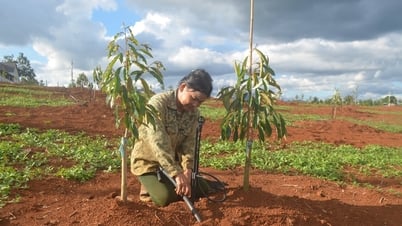

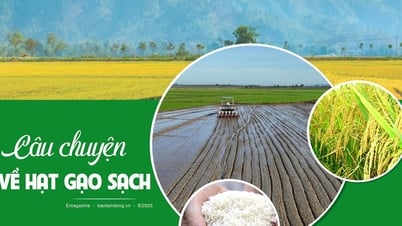

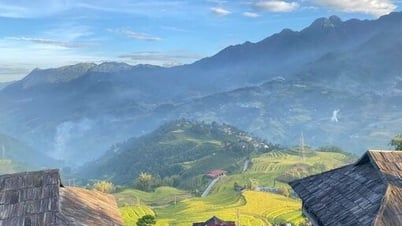

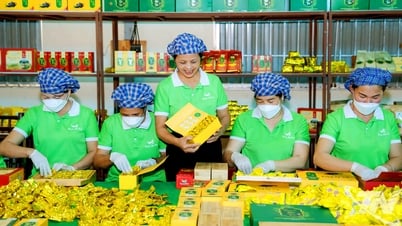

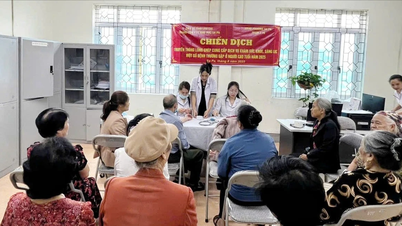

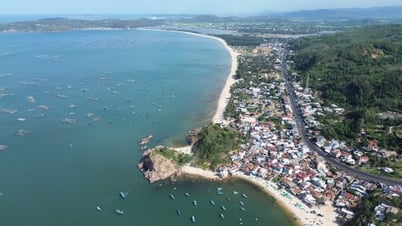

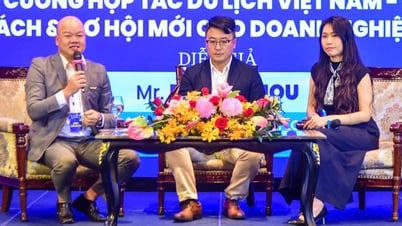

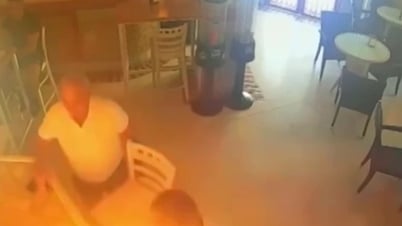

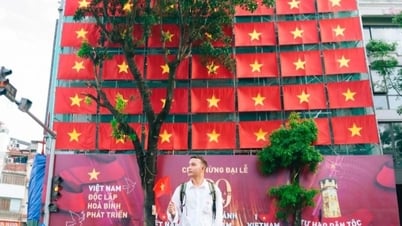






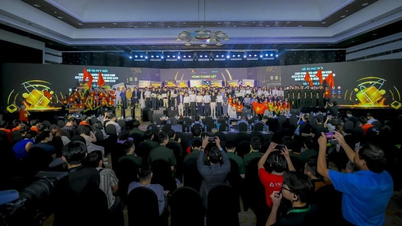
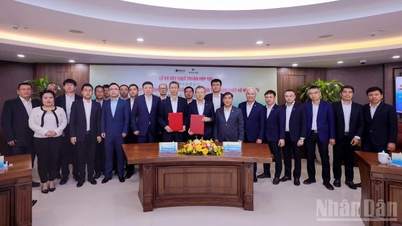
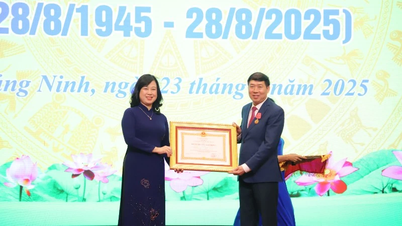
![[Photo] Prime Minister Pham Minh Chinh chairs the meeting of the Government Party Committee Standing Committee](https://vphoto.vietnam.vn/thumb/402x226/vietnam/resource/IMAGE/2025/8/23/8e94aa3d26424d1ab1528c3e4bbacc45)
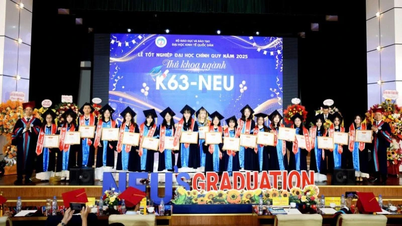









































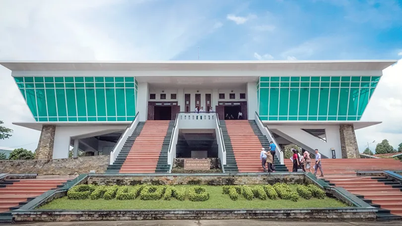

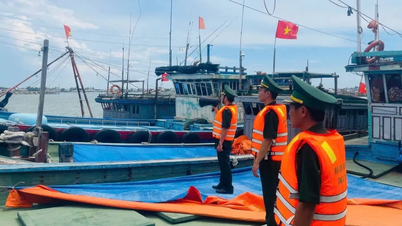

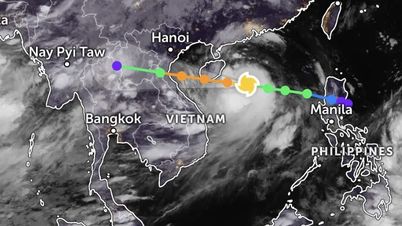
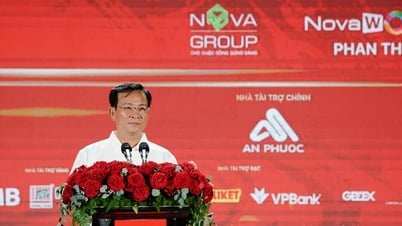
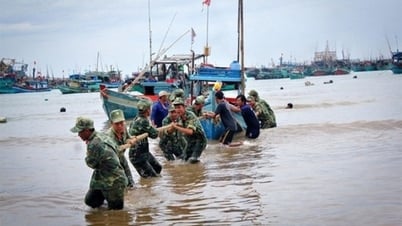

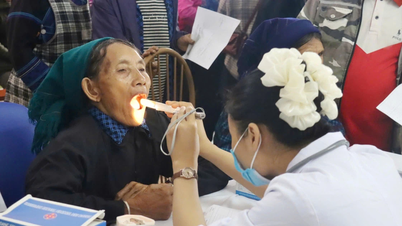














Comment (0)